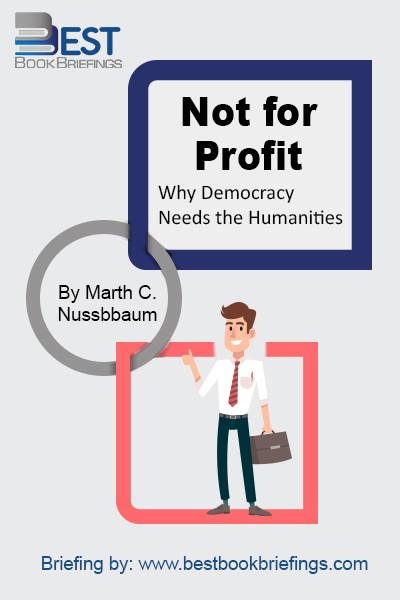Not for Profit
Why Democracy Needs the Humanities
Number of pages: 184
Publisher: Princeton University Press
BBB Library: Education
ISBN: 9780691154480
Editorial Review
We increasingly treat education as though its primary goal were to teach students to be economically productive rather than to think critically and become knowledgeable and empathetic citizens. This shortsighted focus on profitable skills has eroded our ability to criticize authority, reduced our sympathy with the marginalized and different, and damaged our competence to deal with complex global problems. And the loss of these basic capacities jeopardizes the health of democracies and the hope of a decent world.be
Book Reviews
Books on Related Topics
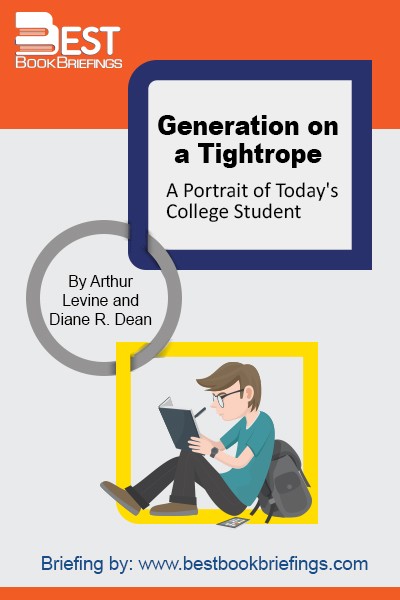
Today’s college students are struggling to maintain their balance as they attempt to cross the gulf between their dreams and the diminished realities of the world in which they live. They are seeking security but live in an age of profound and unceasing change. This is a generation that thinks of
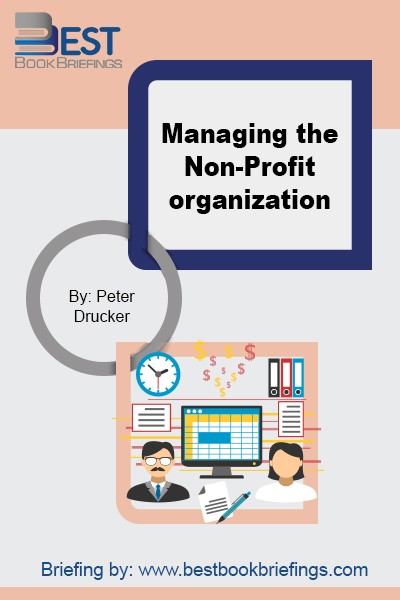
We know that the ability of government to perform social tasks is very limited indeed. But we also know that the non-profit discharge is a much bigger job than taking care of specific needs. We have come to realize that all non-profit institutions, whatever their specific concern, have something in common.
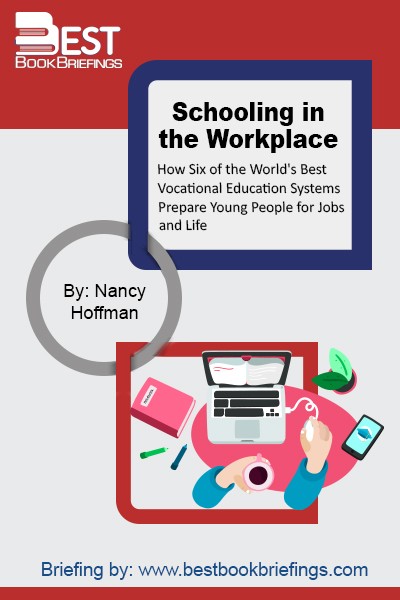
Across the developed countries today, educators, policy makers, and economists recognize that the new “knowledge economy” demands new and higher levels of skills than the twentieth-century high school or upper secondary school provided. Young people with aspirations to white-collar, “middle-skill” jobs in high-growth areas such as health care, high tech, engineering,
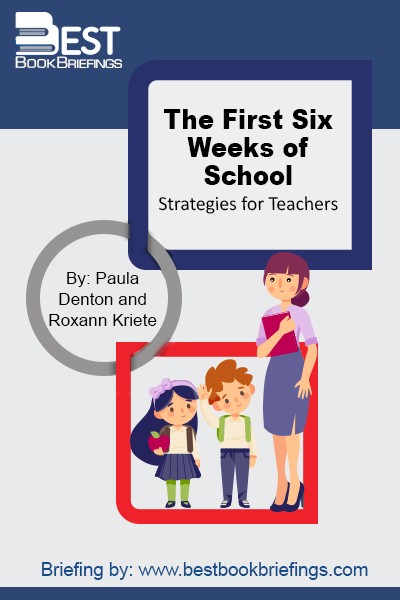
Learn how to structure the first six weeks of school to lay the groundwork for a productive year of learning. Discover how taking the time to build a solid foundation in the early weeks of school can pay off all year long in increased student motivation, cooperation, responsibility, and self-control.
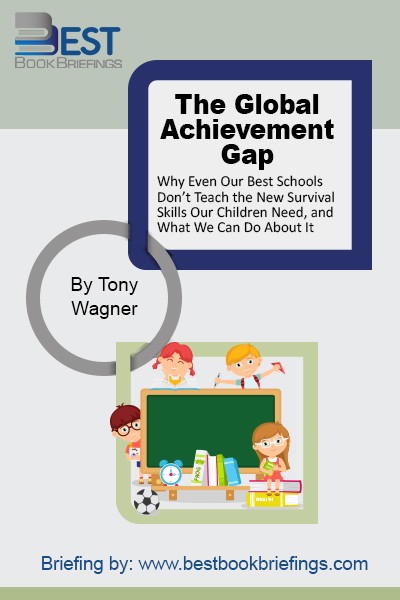
Education expert Tony Wagner has conducted scores of interviews with business leaders and observed hundreds of classes in some of the nation’s most highly regarded public schools. He discovered a profound disconnect between what potential employers are looking for in young people today (critical thinking skills, creativity, and effective communication) and

